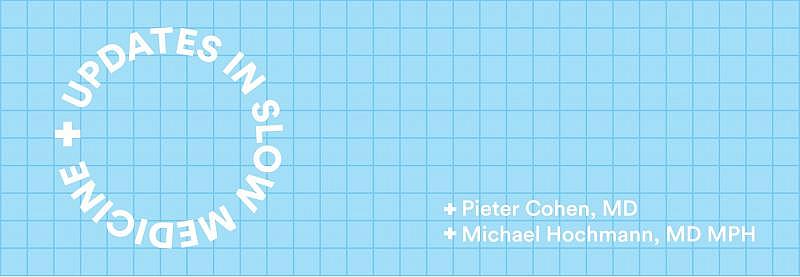For doctors seeking feedback, sometimes words offer more than metrics

We have previously written about our skepticism about “quality measures” in health care — although well-intentioned, they often lead us astray. Over the past few years, there has been a widespread movement to collect more data on the patient experience. Now, most clinicians receive regular reports on their performance on the "Consumer Assessment of Healthcare Providers and Systems" (CHAPS) survey. Though imperfect, we believe the survey is currently the best measure of our performance. After all, if we cannot get honest feedback from our patients, how can we hope to improve their health?
In a recent piece in the New England Journal of Medicine summarizing the current state of such patient experience surveys, we gained some important insights on how the newly available data are being used. While health plans and quality organizations have used the data extensively to develop fancy, proprietary provider ratings systems, it turns out that the most important consumers of such data — patients and clinicians — have so far paid very little attention to it.
The reason?
It turns out that our brains are more likely to be influenced by narrative reviews, such as those found on Yelp, than by objective scales, such as five-star rating systems used by health plans and quality organizations. For example, patients are much more likely to be scared away by a comment on Yelp that says a particular doctor isn’t friendly than assuaged by the fact that the same doctor received a 4.5-star rating based on 90 patient surveys. This is problematic because sites like Yelp do not collect data systematically and, as a result, the comments are not necessarily representative of the doctor's care.
What's the solution? According to the authors of the NEJM article, we should embrace patients' desire for narrative information on clinicians, or in other words, the comments that respondents typically provide in the “other” column of surveys that describe what the experience was like in a descriptive format, rather than as a numeric ranking. In fact, such accounts can be extremely informative, both in helping patients select the right doctor as well as providing meaningful feedback to clinicians so that we can better meet the needs of patients.
However, rather than relying on sites like Yelp that tend to disproportionately sample outliers, the authors argue that we should become more scientific about the collection of narrative patient reports. Specifically, providers — and health systems — should actively and systematically seek out narrative feedback from patients, so that we collect representative and meaningful information.
We believe this approach aligns with the "Slow Medicine" philosophy of centering our approach on patient care. We provide care to our patients to improve their health and relieve their suffering. An essential part of this process is communication. And what better way for us to refine our communication skills than by systematically soliciting descriptions from patients on how we’re doing.
[Photo by Steve Johnson via Flickr.]


